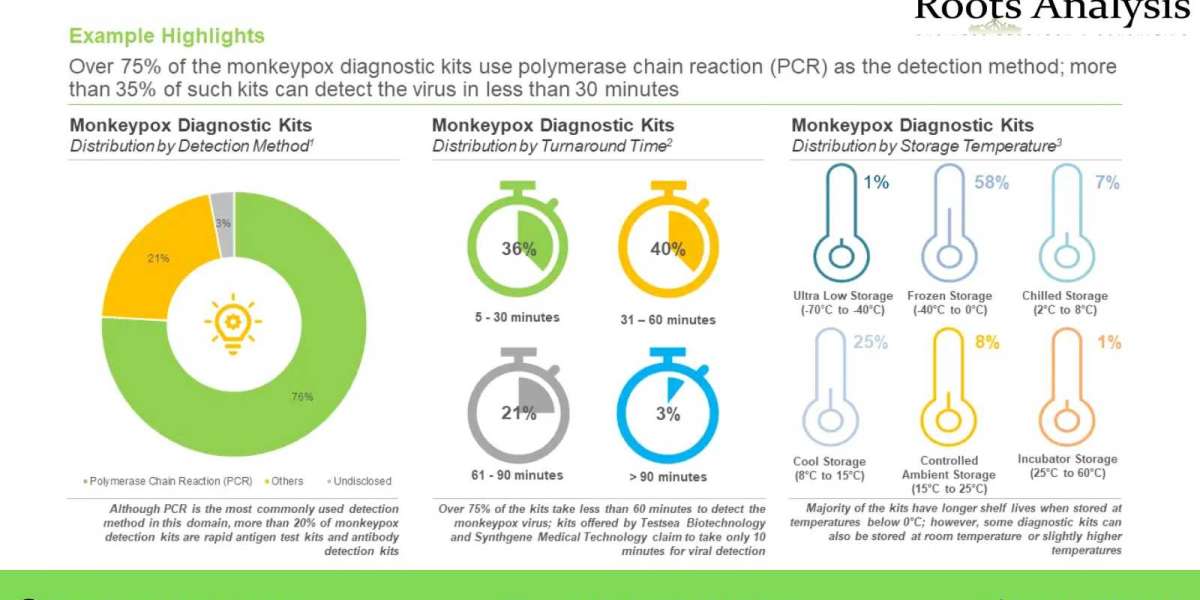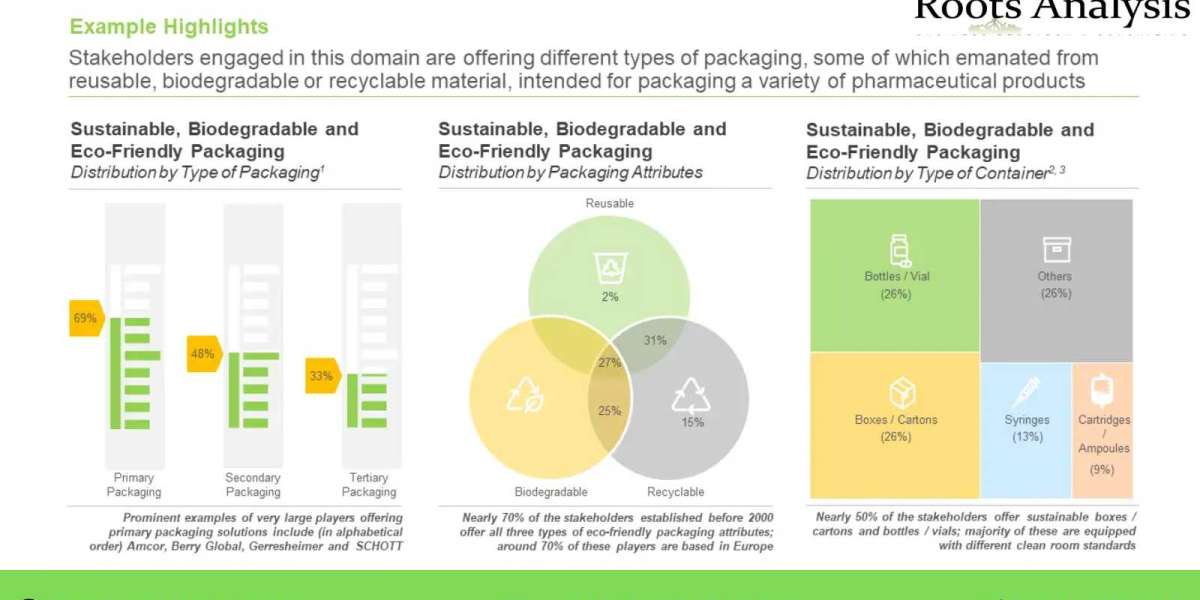In recent years, monkey pox has emerged as a prominent orthopox virus affecting public health. In May 2022, multiple cases of the disease were reported in more than 100 non-endemic countries, thereby making monkeypox a disease of global concern. Consequently, in July 2022, the World Health Organization (WHO) declared global monkey pox outbreak a Public Health Emergency of International Concern (PHEIC). In fact, till date, over 84,000 cases of the disease have been reported, globally.
Monkeypox infection can be divided into two periods:
- Invasion Period (0 to 5 days): This phase is characterized by fever, intense headache, lymphadenopathy (swelling of the lymph nodes), back pain, myalgia (muscle aches) and intense asthenia (lack of energy)
- Skin Eruption (begins within 1 to 3 days of appearance of fever): Monkeypox rash affects the face (in 95% of cases), palms of the hands and soles of the feet (in 75% of cases). Oral mucous membranes (in 70% of cases), genitalia (30%), and conjunctivae (20%), as well as the cornea are also affected.
Monkeypox Disease Transmission
Monkeypox virus can be transmitted from animals to humans as well as from humans to humans.
- Animals to Humans Transmission:
Zootnotic transmission can occur from direct contact with the bodily fluids, blood or cutaneous / mucosal lesions of infected animals. Additionally, eating inadequately cooked meat and other animal products of infected animals is a possible risk factor.
- Humans to Humans Transmission:
Human-to-human transmission can result from close contact with respiratory secretions, skin lesions of an infected person or recently contaminated objects. Transmission can also occur via the placenta from mother to fetus or during close contact during and after birth.
Monkeypox Disease Diagnosis
Polymerase chain reaction (PCR) is the preferred laboratory test for monkey pox virus detection due to its accuracy and sensitivity. Optimal diagnostic samples for monkey pox diagnosis are collected from skin lesions; these include roof or fluid from vesicles and pustules, and dry crusts. Additionally, biopsy samples can also be collected for disease diagnosis.
Conclusion
With only a few therapeutics / vaccines currently approved or granted special access for the monkeypox treatment / prevention, the existing demand for effective monkeypox vaccines and therapeutics is still unmet. In response to the monkey pox outbreak, active research and development efforts are underway to develop various therapeutics and vaccines for the treatment and prevention of monkeypox. Presently, more than 25 therapeutics / vaccines are commercialized / under development for the treatment and prevention of monkeypox. With the increase in the number of monkeypox cases globally, the demand for testing has also increased. At present, more than 165 diagnostic kits are available in the market for the detection of monkeypox virus. The growing cases of monkeypox disease and availability of limited number of therapeutics / vaccines / diagnostic solutions are the key factors driving the growth of this market.
For additional details, please visit
https://www.rootsanalysis.com/blog/monkeypox-disease-overview/ or email [email protected]
You may also be interested in the following titles:
- Smart Labels Market: Industry Trends and Global Forecasts, 2022-2035
- AI-based Digital Pathology / AI Pathology Market: Industry Trends and Global Forecasts, 2022-2035
About Roots Analysis
Roots Analysis is a global leader in the pharma / biotech market research. Having worked with over 750 clients worldwide, including Fortune 500 companies, start-ups, academia, venture capitalists and strategic investors for more than a decade, we offer a highly analytical / data-driven perspective to a network of over 450,000 senior industry stakeholders looking for credible market insights.
Contact:
Ben Johnson
+1 (415) 800 3415
[email protected]








